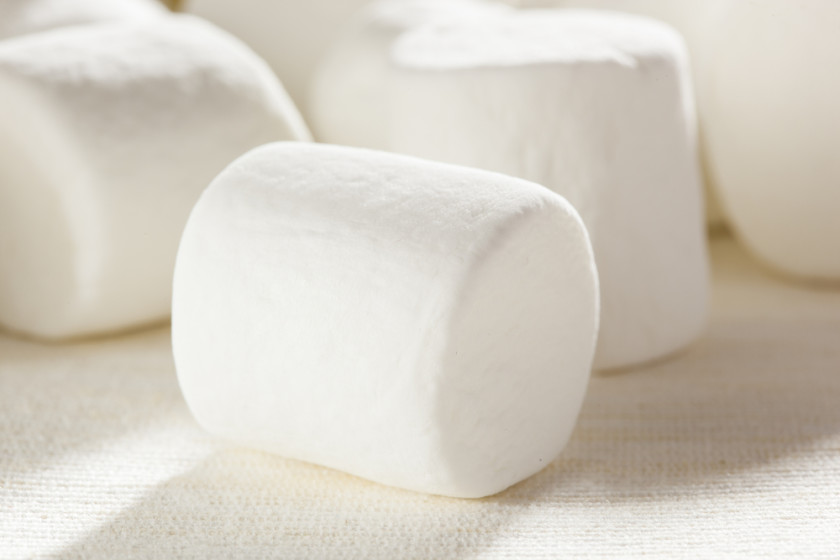
Like millions before me, I am terrible at waking up early. I’m also really bad at sticking to a habit or a set routine. I still often come up with a life-changing decision, something like cycling at least 30 minutes every day, and then start slacking until I quit after a week or so.
Sucking at these things is not an exclusive privilege of mine. From what I’ve read, apparently you may do that too. Actually, if you are anything like me, you are reading this very text knowing you should be doing something else but you have no willpower whatsoever. Never fear, there is a way out.
Even though I’m bad at it, I’ve had daily habits and routines for the last 8 years or so. Lately I started sucking at it even less by understanding a bit of the science behind it. Basically, the greatest enemy of habit is Willpower Depletion.
To make certain decisions we need willpower, but willpower is not an infinite resource. To exert self-control we use a lot of glucose, and if we run out of glucose our willpower gets depleted (Roy F. Baumeister et al., 2007). This means that if we need a lot of willpower to do something, we will easily end up running out of it and giving in.
There is a cute experiment where researchers placed a few kids in a room with a marshmallow, told them “If you wait until I come back, you will have two marshmallows”, and then left. It’s a simple concept of life, if you can defer your gratification, you will have a greater reward later. In this case the kids were alone in an empty room with a marshmallow, not eating it required heroic efforts.
So, which kids won? Were they the most genetically optimised for this situation? Nope. Many kids lost in the very first seconds. The most successful kids were the ones who tried to distract themselves by doing something else. This meant that they didn’t need to exert a lot of willpower because their mind was focused on something else.
The solution for waking up early, sticking to a diet or committing to a habit is setting things up so that you need to exert the least amount of willpower possible. Change your environment to induce you to keep to your habit.
The classic example is that if you are on a diet, instead of resisting the ice-cream in the freezer, simply don’t buy ice-cream or quickly throw away the one that is there. This way there is no willpower required to resist the temptation. When waking up early, get out of bed as quickly as possible so that you don’t have to be deciding not to go back to sleep for 20 minutes. I like putting my alarm away from the bed so I have to get up to stop it.
And that’s how you stick to your habits, by changing the environment so you don’t have to be deciding on doing them every time. Religiously dedicating some time to reading every day is quite easy when you have 40 minutes train commute to and from work.
If you are into habits you may also like The Single Sentence That Changed My Life